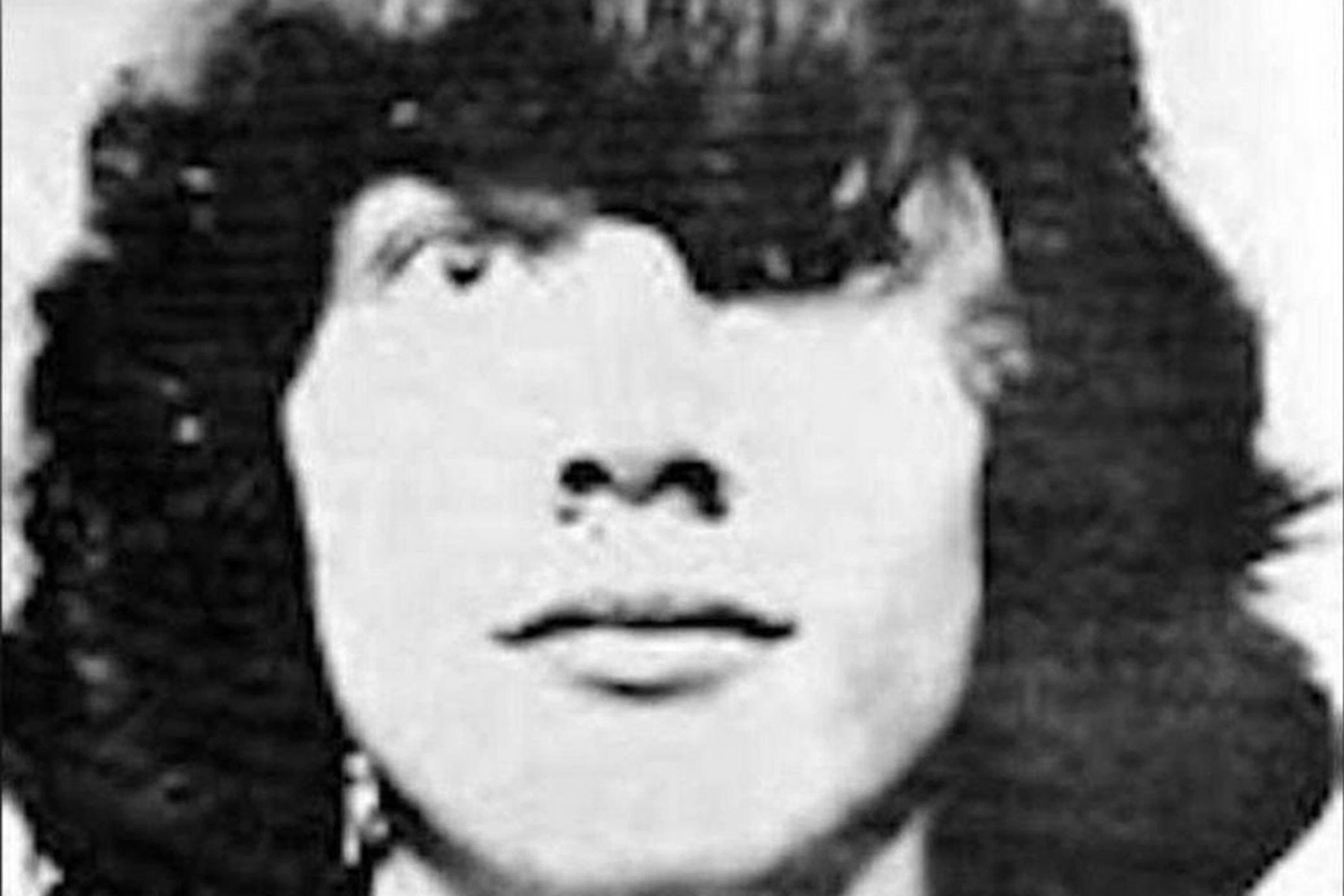Teenager shot dead by soldier in 1975 was ‘entirely innocent’, inquest finds
Leo Norney, 17, was killed in the Turf Lodge area of west Belfast in September 1975.

A Belfast teenager shot dead by British soldiers in 1975 was “entirely innocent”, a coroner has ruled.
A fresh inquest into the death of Leo Norney, 17, concluded with the finding that he was shot dead by Lance Corporal John Ross MacKay.
The former Black Watch soldier died in 2015.
Coroner Patrick McGurgan found it was likely Mr Norney’s killing was a “deliberate act”, and that Mr MacKay had expressed his intention to “waste” someone on September 13 1975.
He said the other soldiers with Mr MacKay shot into a Mini car and gave false accounts of what happened out of fear of him to cover up what happened, “concocting a story they were being fired on and returned fire”.
I am satisfied that the deceased Leo Norney was an innocent young man who happened to find himself in the wrong place at the wrong time
He was also critical of the Ministry of Defence, saying Mr MacKay had been convicted of a violent offence and served time in prison prior to the killing of Mr Norney, adding the soldier posed a risk to the public.
“I am satisfied that the deceased Leo Norney was an innocent young man who happened to find himself in the wrong place at the wrong time walking home from a night out and was shot dead by Lance Corporal MacKay, who planned to waste someone that very evening and expressed his thought to others in the patrol,” he said.
He added that the shooting was unjustified and it had been covered up by members of the patrol.
Mr Norney, a Post Office worker, was shot after getting out of a taxi at Shepherd’s Path in the Turf Lodge area of West Belfast.
He died after being struck by three bullets.
His family applauded in Belfast Coroner’s Court as Mr McGurgan found Mr Norney had been “entirely innocent”.
Delivering his findings, Mr McGurgan said he felt evidence given to the inquest by an Army veteran, referred to as M2, who had been in Mr MacKay’s patrol, to be impressive.
M2 changed his evidence from the time, telling the inquest he had done so out of fear of Mr MacKay.
“He has accepted that he has given previous false accounts and now feels that the Norney family deserves to know the truth,” he said.
“I am satisfied that his evidence to this inquest represents an accurate description of the events leading up to, during and after the shooting dead of the deceased Leo Norney.”
Mr McGurgan said Mr MacKay was “at best a strong personality and at worst a bully who was aggressive and unpredictable and who was able to intimidate his patrol as well as individuals above him”.
“There was a failure (by the MoD) to consider the risk of putting a soldier with a conviction background and on release from prison two months earlier in charge of patrolling a civilian area,” he said.
“Whilst the death of Leo Norney was not directly foreseeable, the risk posed to the public by MacKay was identifiable. There was insufficient supervision of MacKay.”
Mr McGurgan went on to find that had Mr MacKay been supervised, Mr Norney’s death could have been prevented.
The coroner said he previously made a referral in the case to Northern Ireland’s Public Prosecution Service, and said he will share the inquest findings with the Director of Public Prosecutions.
He went on to say he wanted to acknowledge the dignity shown by the Norney family throughout the inquest.
Counsel for the Norney family Fiona Doherty KC described the findings as “devastating” and thanked the coroner.
The original inquest into Mr Norney’s death in 1976 returned an open verdict.
Mr Norney’s family welcomed the coroner’s findings.
Speaking outside court, his niece Linda said: “Leo was only a boy of 17. He had just got out of a taxi and was going to meet his girlfriend.
“Leo was not armed. He did not pose a threat to anyone. He was shot in cold blood and his shooting is unjustified.
“However the British Army did not just kill Leo. They also murdered his good name.
“Later that night after the soldiers returned to their base, they concocted a false story which blackened Leo’s name for almost 50 years. They said that Leo was a gunman and that Leo had opened fire on them.
“Today, that narrative has been exposed for the deceit and lies that it is, and Leo’s good reputation has been restored.”
Bookmark popover
Removed from bookmarks